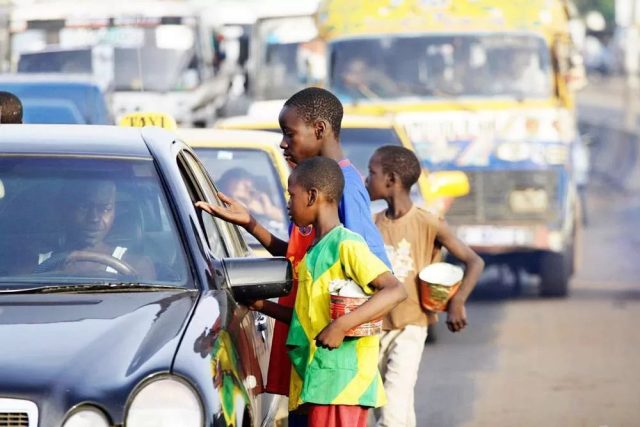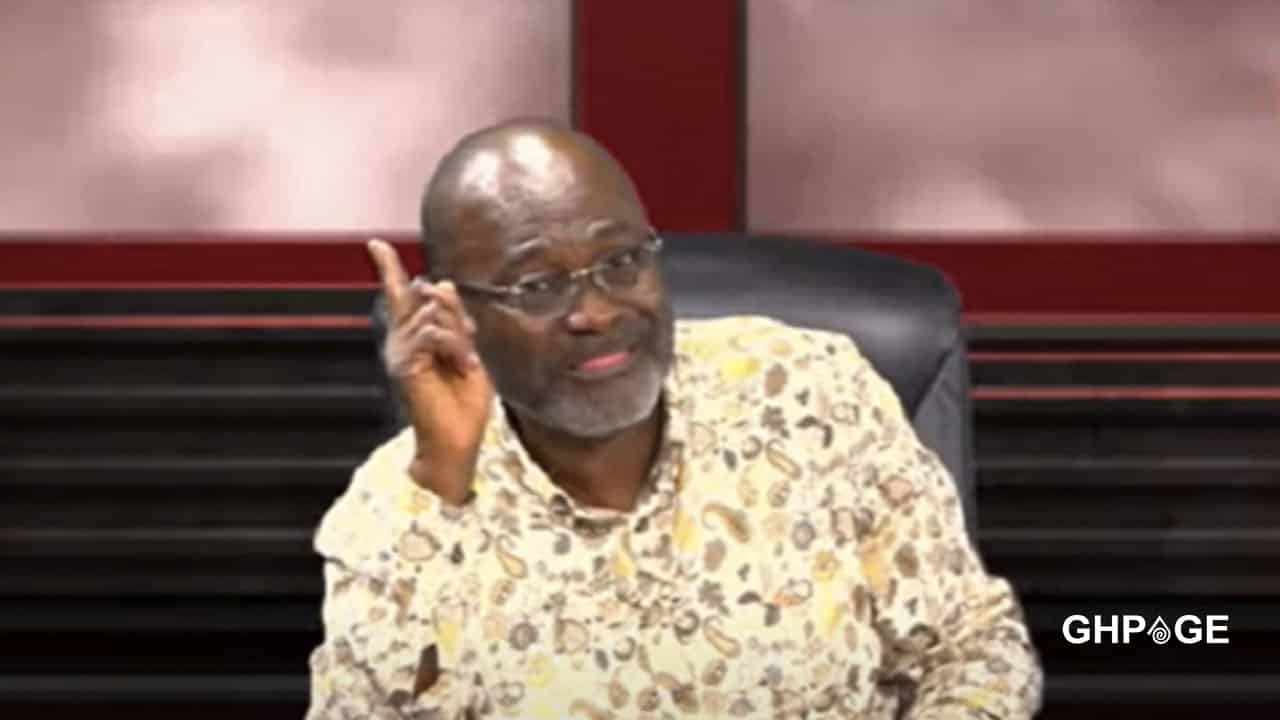By: Rachel Kakraba.
Head of Planning, Research, Monitoring and Evaluation ECOWAS Gender Development Center, Awudu Ahmed Gumah, has hinted of plans of ECOWAS to support Ghana in its quest to end the menace of child beggars.
This he said will be done in the second phase of a pilot Programme, which was commenced by the centre in 2019.
“We have a project that is being financed by the Italian government, being implemented by the UN High Commission for Human Rights, that is for child protection. So, we are targeting children on the move. Children who are moving from country to country and engaging in so many other things that are inimical to their health and to their education. We try to support their families to ensure that they remain with their families and are able to go to school”
On a daily basis, children as young as three years old, find their way onto the streets to beg for alms and other forms of assistance. Majority of them who are from the Sahelian region solicit the support of the public for their survival.
Mr. Gumah said the project will among other things ensure the menace of child beggars is eliminated in Ghana as well as the West African sub-region.
“In the second phase Ghana will be a part because it has been a success so we are hoping that in the second phase we will cover all the ECOWAS member states. And so, Ghana is definitely going to be among those to benefit from this project.
Mr. Gumah, who was speaking in an interview with GBCGhanaonline in Accra, described phase one as a success. He called for the support of member countries to ensure the next phase also becomes a success.
“Sometimes you cannot prevent people from moving from one country to the other, but then when they move, they go with their children. Because they find themselves in a new environment, they cannot afford to send their children to school. So that’s our main concern, children so I think that ECOWAS is doing a lot in that respect, but we expect most member states to come in”
The ECOWAS Gender Development Centre, EGDC, mobilizes and empowers women to be active participants in the regional integration process.
It was established 2003, and has been instrumental in liaising with member countries for the implementation of Gender sensitive policies as well as training and capacity building programmes.
CLICK HERE FOR MORE GENERAL STORIES







![[VIDEO] Agya Koo celebrates like Cristiano Ronaldo after scoring penalty](https://ghananewss.com/storage/2023/02/BeFunky-collage-2023-02-17T164545.706-scaled-100x75.jpg)










![Channel One TV’s AgriFair in full swing at Efua Sutherland Children’s Park[Pictures]](https://ghananewss.com/storage/2025/06/IMG-20250620-WA0084-1140x570-1-100x75.jpg)